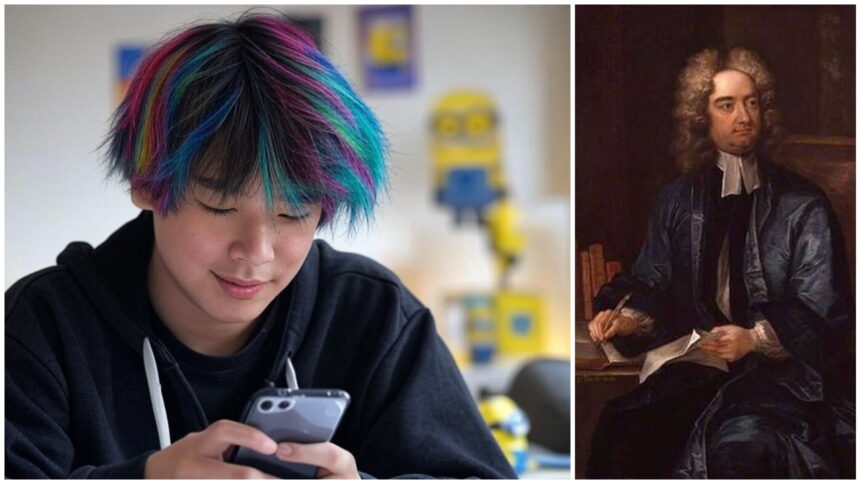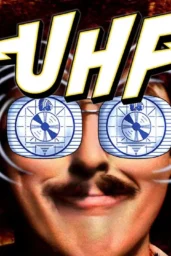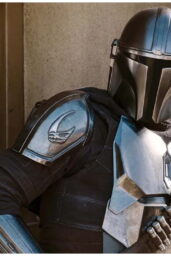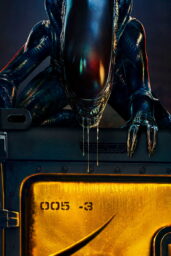Parody Isn’t Dead—It’s Just Scrollable and Soulless
I grew up thinking parody was power. That clever satire—Monty Python, The Onion, early SNL—could slice through cultural absurdity like a hot knife through buttered hubris. But these days? It feels like the scalpel’s been replaced by a TikTok filter and a “relatable” meme font.
It’s not that people stopped being funny. It’s that we stopped giving parody time to breathe.
From Masterpiece to Meme Template: The Great Dumbing Down
Here’s the uncomfortable truth: memes didn’t just evolve parody—they devoured it.
Once, parody required setup, context, timing. Think Dr. Strangelove or Don’t Look Up (when it was firing on all cylinders). Now? A joke is expected to land in under six seconds, with no room for layers. We’re in the age of hot takes and quick hits. And parody, with all its nuance, is gasping for air under the algorithm’s heel.
In 2022, a Pew Research study noted that 67% of young adults said they get their news “through memes or humor accounts.” That’s not inherently bad—but when parody becomes indistinguishable from sh*tposting, satire starts to lose its bite. It’s like trying to do Shakespeare in a Discord chat.
From Swift to Shrek: A Quick History of Satirical Evolution
Parody wasn’t always subtle, sure. But it was surgical. Jonathan Swift proposed eating babies to critique England’s treatment of the Irish. Today, we slap a Minion onto a tweet that says, “Capitalism bad, lol.”
Even Scary Movie—arguably the last mass-market parody juggernaut—leaned into pop culture with a weird kind of reverence. Today’s meme parodies cannibalize the content they mock. They’re faster. Meaner. Dumber. They strip context down to vibes.
And look—I love a dank meme as much as the next millennial dad. But we’ve turned parody into an inside joke that only makes sense for 12 minutes before it dies in the group chat. RIP.
Are We Just Too Online to Think Deeply Anymore?
Maybe it’s not parody that died. Maybe it’s attention.
To satirize something, you have to first understand it. And that takes time, curiosity, effort. Memes? They’re reflexive. Brain farts with a punchline. As New York Times critic Amanda Hess wrote in 2023, “Memes perform the function of parody without the responsibility of insight.”
It’s like replacing investigative journalism with a BuzzFeed quiz.
So… Is There Hope?
Yes. Kind of.
Parody still lives—in sketch comedy YouTube channels, in the brilliance of Bo Burnham: Inside, in the occasional viral TikTok that layers commentary under absurdity. But these are exceptions, not the rule.
If you want smarter satire, you’ll have to scroll past the memes and dig. Or better yet—make it yourself. Just don’t forget: “Capitalism bad” is not a punchline. It’s a prompt.
Would Swift have survived Twitter? Or just quote-tweeted himself into oblivion?
Let’s argue in the comments.












